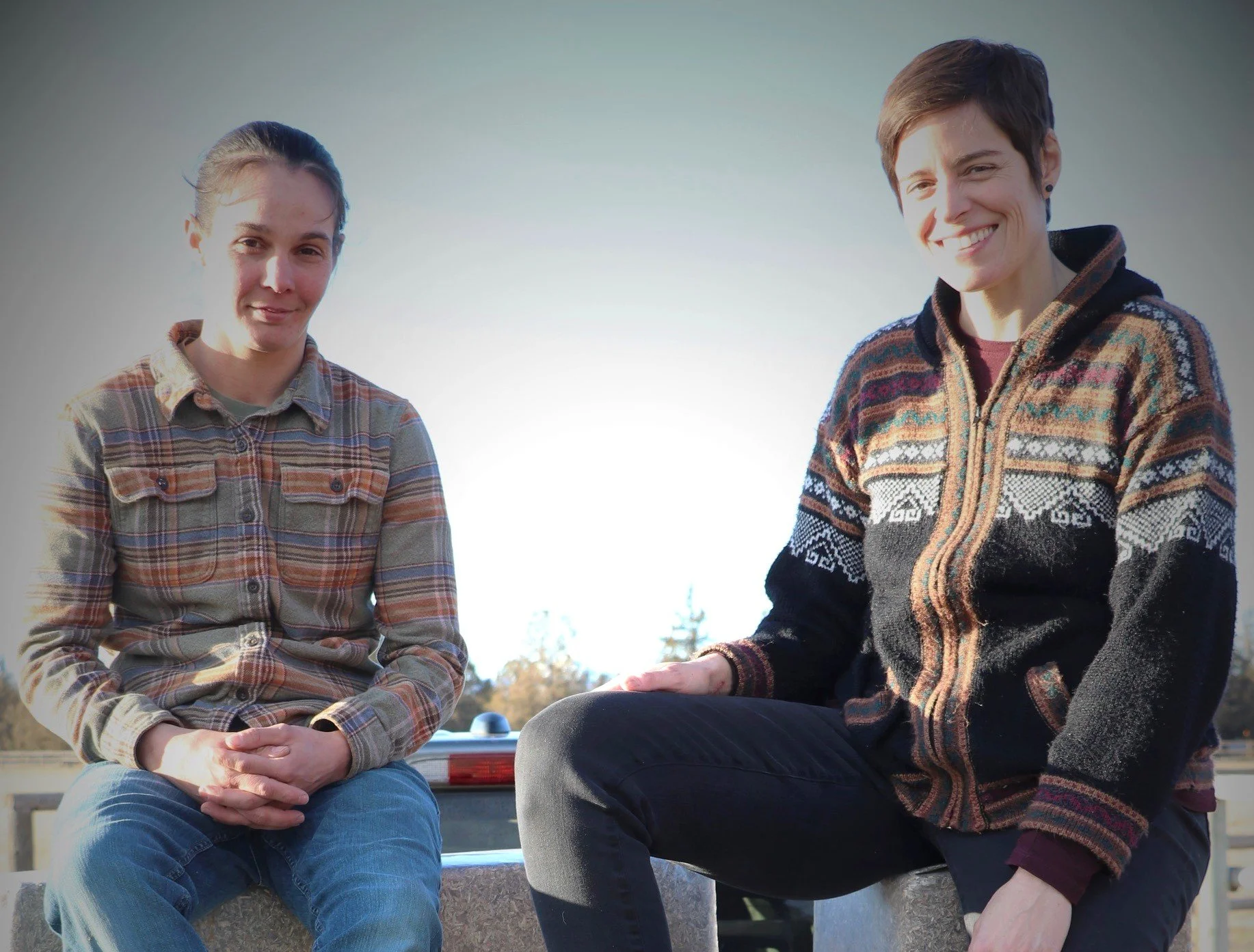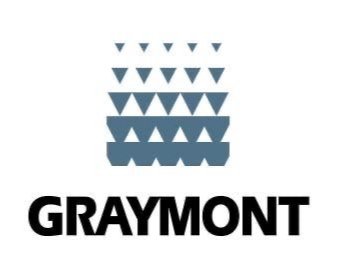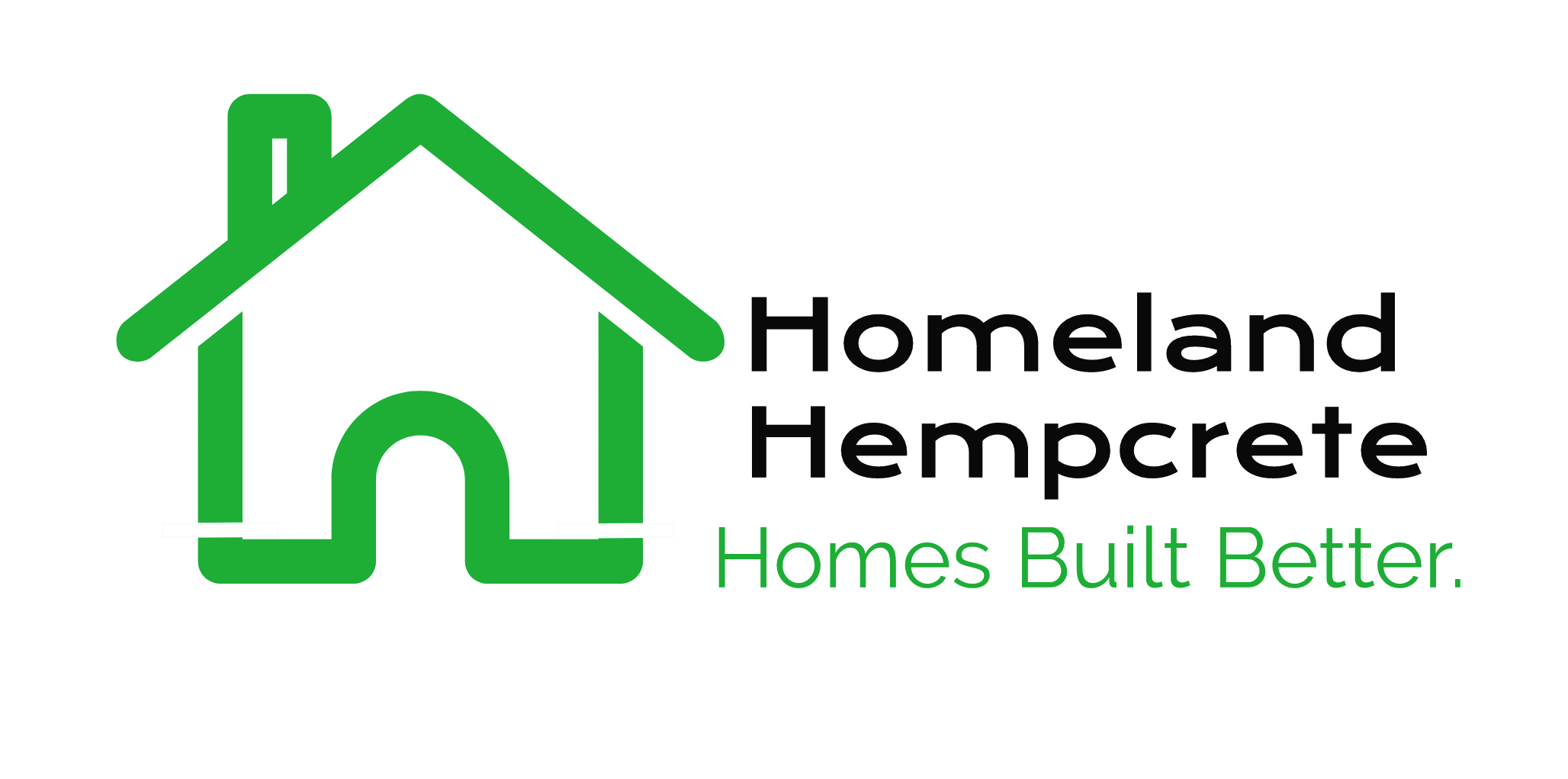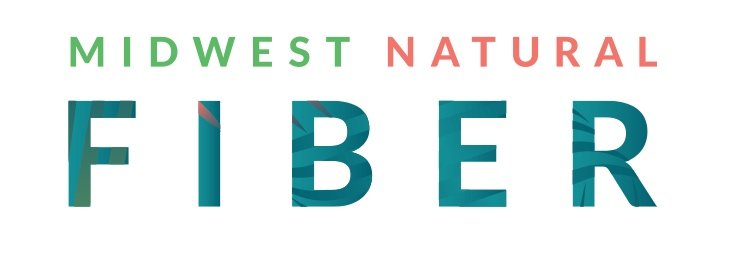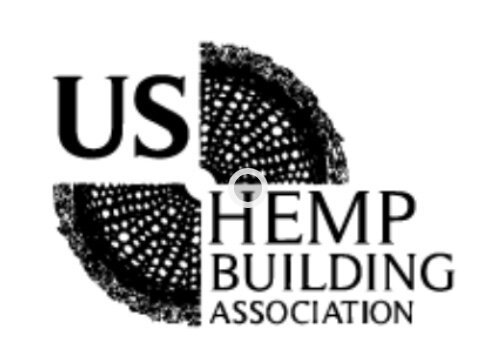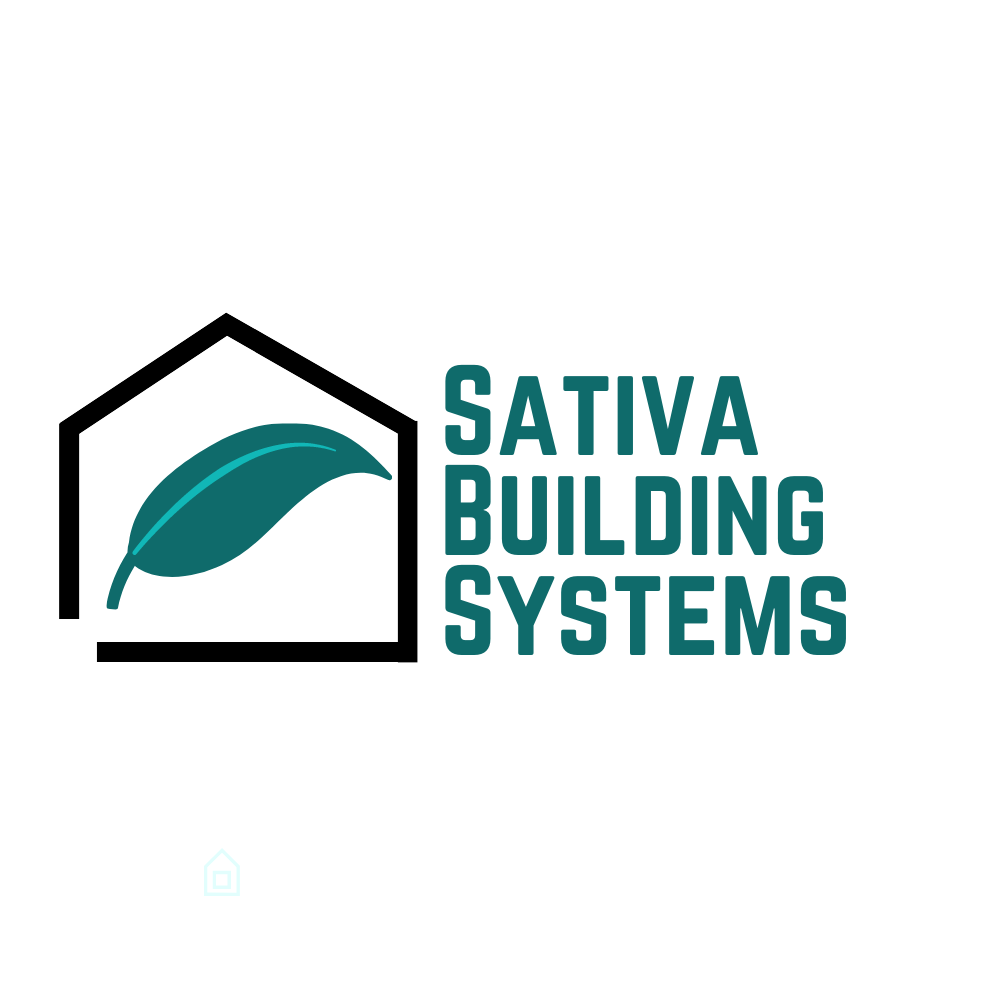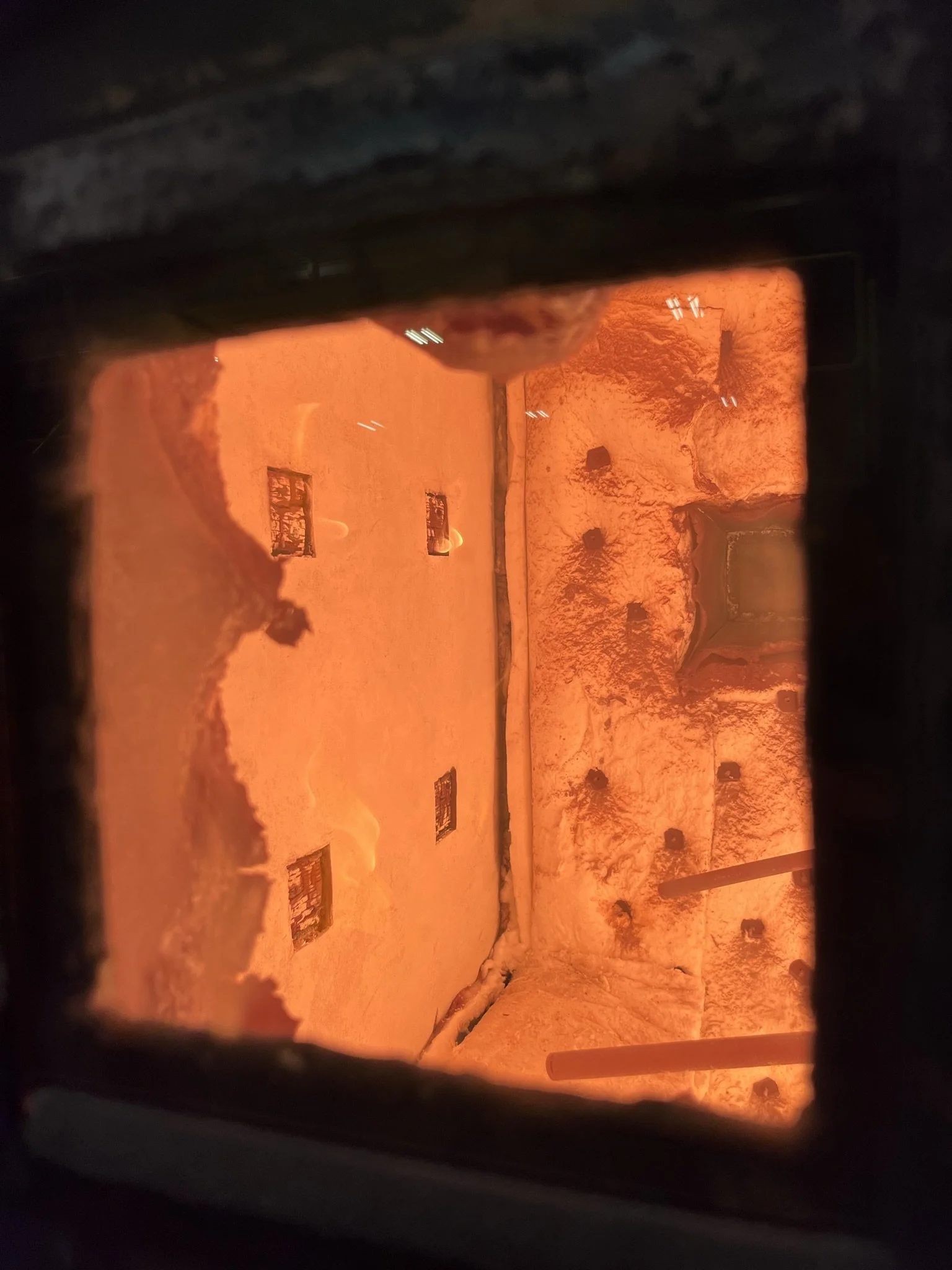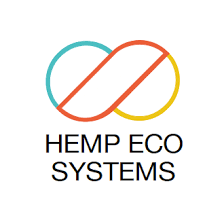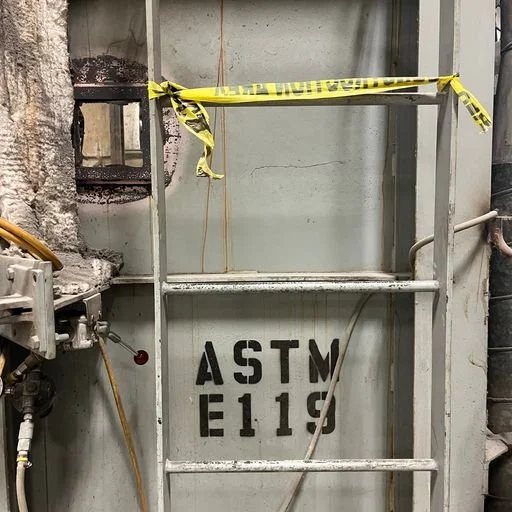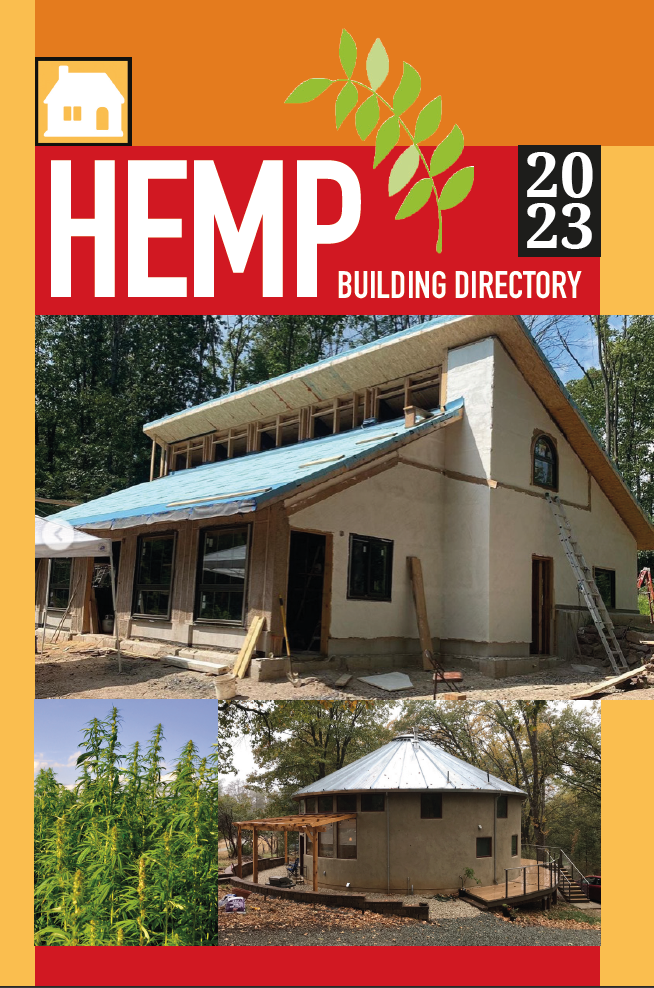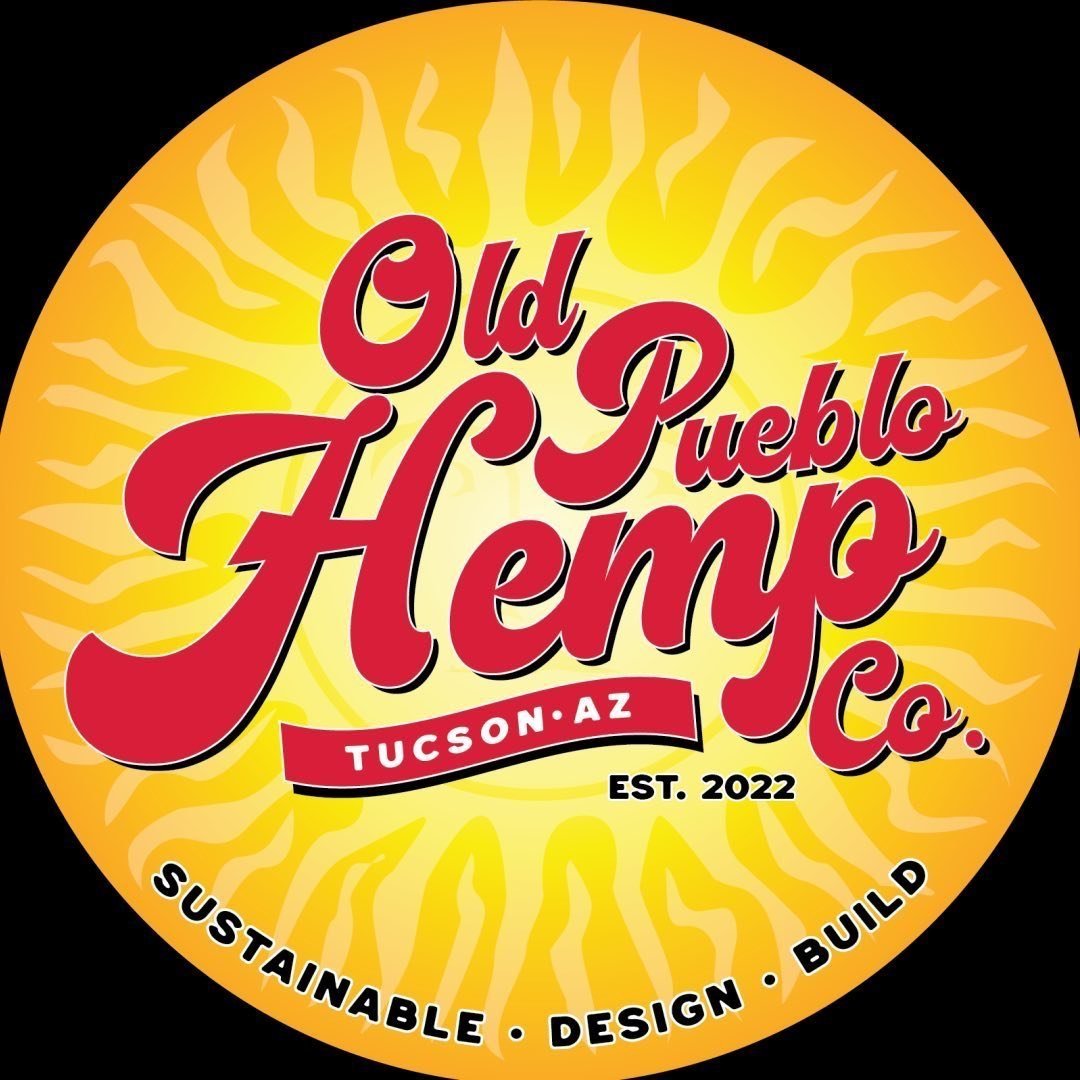‘You Guys are Golden’: OR Commercial Hemp Build Passes Fire-Resistance Test
Ashley Bice (L) and Karen Rugg (R) of Perennial Building. Photo courtesy of Perennial Building
By Mary Lotus
Hemp-lime builders in Oregon are working on one of the first commercial hemp-lime projects in the United States for which their mock-up wall assembly passed a 1-hour fire-resistance testing.
Karen Rugg and Ashley Bice of Sisters, OR-based Perennial Building, have received the local building department’s approval to pursue building a mixed-use building in downtown Sisters after completing a small scale ASTM E-119 fire test.
Last fall, members of the International Residential Code committee specifically mentioned the ASTM E-119 fire rating when hemp-lime building materials were approved for the upcoming 2024 US building codes.
The lot acquired by Perennial for the project was “grandfathered in” for mixed-use and will have commercial space on the bottom floor with three residences on top, which they’ll operate as short-term rentals. It will be called The Flora.
The intent with the short-term rentals is to get as many people exposed to hemp-lime as possible. There will be a website dedicated to the building and all the materials used in the build. The pathbreaking project will be among the first US hemp-lime commercial structures and should open doors for other hemp-lime builders.
Subscribe for HempBuild Magazine’s free newsletter
An early rendering of The Flora. The final building will feature a lime plaster finish. Photo courtesy of Perennial Building
Perennial’s founders stumbled onto the health benefits of hemp building, but now are leading the way for its commercialization in the construction industry.
Rugg and Bice started Perennial Building, their general contracting business, in May of 2019. They joined forces with the vision of contributing to sustainability via the built environment, they said. It wasn’t until after the founding of the company that they were introduced to the idea of building with hemp.
“I come from a commercial construction background and Ashley comes from a residential general contracting background,” Rugg told HempBuild Mag. “I’m on the management side of things, while Ashley is boots on the ground building.”
The experience of handling the toxic materials used in traditional construction left Bice committed to improving the health of both the builders and the occupants of these projects. The pair started Perennial knowing that they wanted to focus on both healthy and sustainable building practices.
As a young company, their first project was a bathroom renovation, followed by larger traditional building projects.
“While we were doing this we started researching and studying hempcrete,” said Rugg. “We had a few clients interested in hemp-lime, but the premium to build with it prevented them from committing. We thought if we can’t build this for someone else, we’re going to build this for ourselves so that people know about it.” In 2021, they purchased a house to flip in Bend which allowed them to buy a lot in downtown Sisters.
Originally, the two’s vision for The Flora as a mixed-use hemp-lime building was shot down by the local building department. “I think they were looking at old information. They didn’t know about any of the ASTM-E-84 tests that had taken place,” said Rugg. The ASTM E-84 is a standard test method used for assessing the surface burning characteristics of building materials.
Rugg put together a package of information for the building department describing “everything they could ever want to know” about building with hemp. “In the meantime, we met with the Sisters mayor, the Sisters community development director. We did our legwork to get people on board,” said Rugg.
The Pacific Northwest is increasingly affected by wildfire, with 828,778 acres burned in 2021 as reported by the National Interagency Fire Center. A main concern of the Deschutes County building department was the need for a 1-hour fire rating on the materials being used for the project. Rugg and Bice contacted Washington based company Western Fire Center to arrange for the ASTM E-119 testing needed for the rating.
“To prepare for the test we cast the wall, using the most vulnerable wall assembly that was going to be in the building. We built the wall with staggered blocking on both sides, 11-and-a-quarter inch thick wall with exposed blocking,” said Rugg. They then let the wall cure and plastered it before bringing it to Washington for testing. Transporting the wall was a feat in itself, requiring the use of vehicle ramps as well as custom wheels built by Bice.
In the test chamber at Western Fire Center, the wall was exposed to a furnace blast of 1200 degrees fahrenheit for an hour. One aspect of the test was thermocouples placed on the back of the wall reading the temperature of the unexposed side. If the temperature of the back of the wall reached 282 degrees over the ambient temperature of the room, the wall would fail the test.
“We watched the computer the entire time, and those temperature sensors did not raise above ambient. There was no heat getting to the back side of the wall,” said Rugg. “The tech indicated he had never seen that happen.”
The char went only 1 to 2 inches back, and the structural studs were sitting about 3 inches back, Rugg said.“When the fire protection engineer saw that, he said ‘you guys are golden’.”
Hempcrete wall sample inside the chamber during the test heating it to 1200 degrees F. Photo courtesy of Perennial Building
Having achieved the 1 hour fire rating, the pair hope that their project in downtown Sisters will raise awareness of the beneficial qualities found in hemp as a building material. They plan to include truth windows, unplastered openings in walls that reveal their internal makeup.
“Our intent is to use HempWood and other materials that fulfill our mission. We want to get it as close to real net zero as we can, and that includes the embodied carbon and the operational carbon,” said Rugg. The company is also seeking other hemp-based products to use for the project, she added.
They want to encourage others in the green construction industry to reach out to them for information on achieving a fire rating on a hemp building, hoping that with Bice and Rugg’s insight, people “might not have to spend as much money as we did, or build a wall and transport it.”
Bice told HempBuild Mag that on top of fire safety, “the biggest components in hemp building for us are healthy living and the fact that it is such a renewable resource,” she said.
“And when you couple all of this together, hemp just seems like a no-brainer to ramp up incorporating this material into homes and commercial buildings,” added Rugg.
Test apparatus for ASTM E 119 fire rating. Photo courtesy of Perennial Building
Please Support Our Classified Advertisers
(To find out more about advertising CLICK HERE).
Help Wanted:
Publications
Hemp Building Directory 2023 - Guide to the International Hemp Building Industry
Available Now! “Hemp Buildings - 50 International Case Studies” by Steve Allin
Hemp Building Research and Training
Hemp Hurd (shivs)/Hemp Fiber/ Hemp Microfiber
Hemp Building Company: Hempcrete Supplies, Training Programs. Longmont, CO
PROducing Sustainable Fibers for Environmentally Conscious Consumers - Prairie PROducers
Hempcrete installers/Insulation subcontractors
Hempknowlogy: Home of the Hempjet: America’s first hempcrete spraying system. Manchaca, TX
Design and build your Hempcrete home with HempStone LLC complete consultants
Lime Binder
Hemp Batt Insulation/Supplies
Hemp Wall Panel Products
Preorder your hempcrete tiny house from Sativa Building Systems
Panel solutions from Homeland Hempcrete
Hemp Blocks
Professional Associations
Events
Carbon Zero Building with Hemp Materials SXSW, Austin TX March 11, 2022

